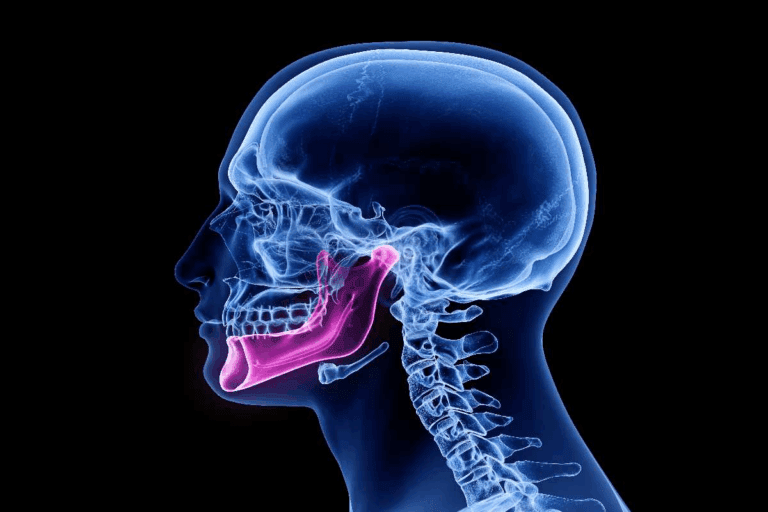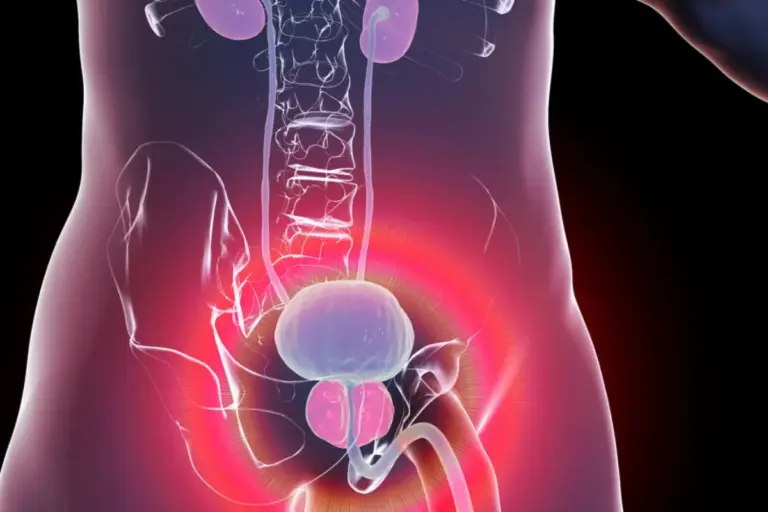Blog
Liv Hospital aspires to lead the way in providing reliable and high-quality healthcare by combining a patient-centered approach, an experienced team of physicians, and the strength of multidisciplinary collaboration. With our commitment to applying advanced diagnostic and treatment methods in step with global standards, our ultimate focus remains clear: your health.
Sort By Letter
 Pulmonology
PulmonologyAPAP Machine: Vital Sleep Apnea Facts
What is an APAP machine? Learn vital sleep apnea facts about how this automatic pressure device treats breathing issu...
 Bone Marrow Failure
Bone Marrow FailureWhat Do Stem Cells Repair?
Did you know that stem cells can fix damaged tissues in our bodies? The Mayo Clinic says stem cells are special becau...
Valuable 5 Essential Facts About CPPD Pseudogout
Calcium Pyrophosphate Deposition Disease (CPPD), also known as pseudogout, affects millions globally. It’s a co...
 Cardiology
CardiologyCCHD: The Crucial 7 Critical Congenital Heart Defects List
Critical Congenital Heart Defects (CCHD) are serious heart abnormalities present at birth. These defects result from ...
 Dentistry
DentistryNewest Treatment for TMJ: 5 Amazing Options
TMJ disorder can really hurt your life, causing jaw pain, clicking sounds, and trouble chewing. We know how important...
 Robotic Surgery
Robotic SurgeryProstate Removal Side Effects: Elite Solutions
Robotic prostate surgery, also known as robotic prostatectomy, is a new way to treat prostate cancer. It’s a co...
 Neurology
Neurology7 Essential Steps for Subdural Hematoma Recovery After Surgery
Achieve a successful subdural hematoma recovery after surgery with our world-class medical care and personalized supp...
 General Surgery
General SurgeryCrohn’s Disease Diet: Worst Foods To Avoid
crohn’s disease diet Living with Inflammatory Bowel (IBD) can be tough. What you eat matters a lot. Recent stud...
 Pediatrics
PediatricsBreakthroughs in Pediatric Cancer: New Hope
Recent advancements in pediatric cancer treatment are changing the game for kids with this disease. We’re seein...
No posts found
Try different filters



